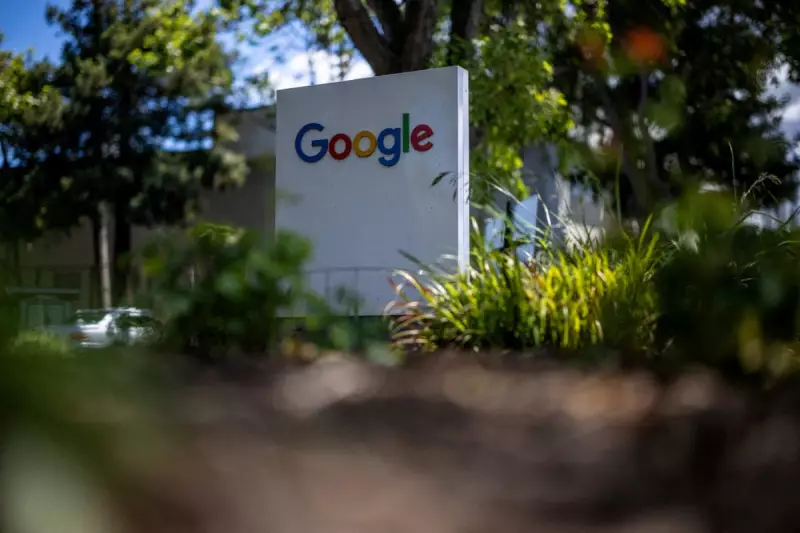
In a bold move to reinforce its commitment to sustainability, Google has signed a major hydropower agreement to supply renewable energy to its data centres. The deal, announced this week, underscores the tech giant's push to achieve carbon-free operations by 2030.
A Leap Towards Carbon Neutrality
The agreement will see Google sourcing electricity from a network of hydropower plants, significantly reducing its reliance on fossil fuels. Hydropower, a reliable and renewable energy source, aligns with the company's ambitious environmental targets.
Why Hydropower?
Hydropower offers several advantages for large-scale energy consumers like Google:
- Consistency: Unlike solar or wind, hydropower provides a steady energy supply.
- Low Emissions: It produces minimal greenhouse gases compared to coal or gas.
- Scalability: Hydropower plants can be expanded to meet growing demand.
Impact on Google's Operations
This deal is expected to cover a substantial portion of Google's energy needs for its data centres, which are among the largest consumers of electricity in the tech industry. By transitioning to hydropower, Google aims to set a benchmark for other corporations to follow.
Broader Implications
Beyond its immediate benefits, the agreement highlights the increasing role of renewable energy in powering the digital economy. As tech companies expand their infrastructure, sustainable energy solutions will be critical to mitigating climate change.
Google's initiative also reflects a growing trend among corporations to prioritise environmental responsibility, driven by both regulatory pressures and consumer demand for greener practices.





